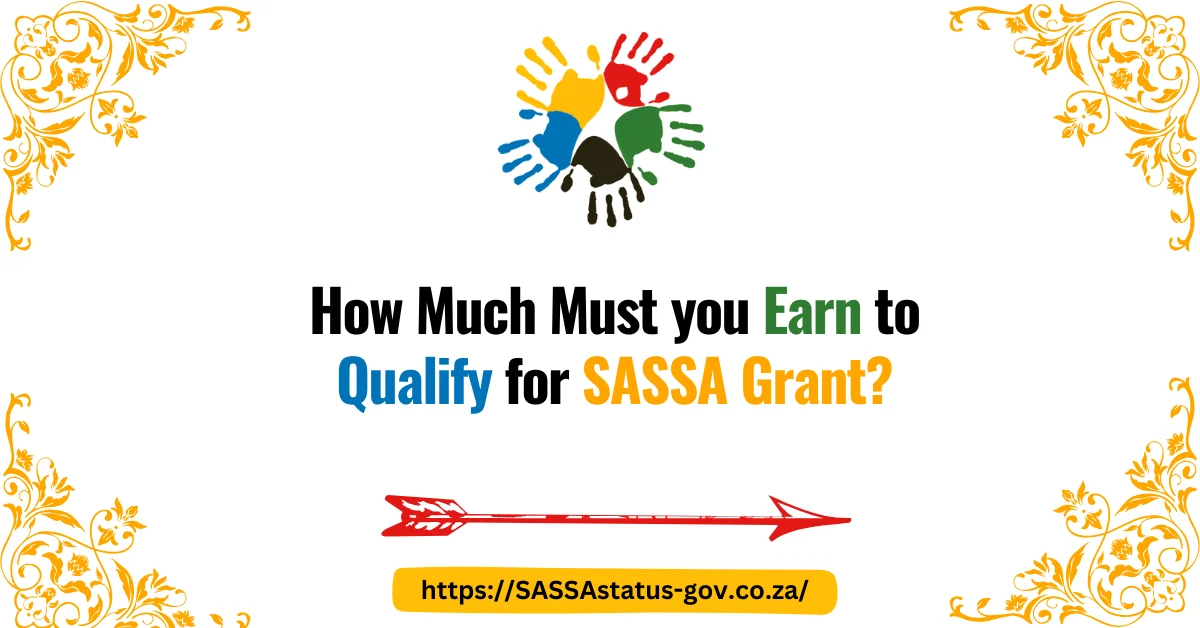Have you come across messages claiming that the South African government is now offering a child support grant of R1,100 to parents? It’s been popping up on social media and WhatsApp, drawing plenty of attention.
But is it true, or just another scam? Let’s dive into what’s really going on and get the facts straight.
Is the R1100 Child Support Grant True? (Quick Answer)
The R1100 Child Support Grant claim is false. SASSA officially confirmed this viral message is a scam. The current legitimate child support grant in South Africa remains R530 as of October 2024. Parents should only trust information from official SASSA channels and the government website for authentic grant details.
The Alleged R1100 Grant: What’s Being Claimed?
The viral message circulating claims that the South African government has launched a special Child Support Grant of R1,100. Supposedly, this grant is available to all South African parents for a period of six months. This sounds like a much-needed financial boost, especially with rising living costs.
The poorly written Scam reads:
Due to high level of complains from South African parents on the high cost of feeding their children, President Matamela Cyril Ramaphosa have urge that the Minister of Humanitarian Affairs and Poverty Alleviation to open the CHILD SUPPORT scheme. Every South African parents is entitled to receive the sum of ZAR1,100 for 6 months.
The claim is that parents can access this fund through a specific link, shared across WhatsApp groups and Facebook pages with thousands of followers. The post encourages readers to share the link widely to ensure “all South African parents can benefit.”
But there’s more to this than meets the eye. Here’s why the claim is raising red flags.
Current Reality of Child Support Grants in South Africa
In reality, the South African Social Security Agency (SASSA) is the government agency responsible for managing child support grants. The current Child Support Grant amount is R530 per child, a figure set by the government to support children in low-income families. This amount provides crucial assistance, though it’s notably lower than the amount mentioned in the viral message.
As of October 2024, there’s been no official announcement regarding any temporary increase to R1,100. If such a grant existed, it would likely be publicized on SASSA’s official channels, including their website and verified social media accounts.
Why the R1100 Grant Message Is Likely a Scam?
Many details in the message suggest it’s a scam. Here’s a breakdown of the reasons:
- Suspicious Link: The shared message includes a clickable link that doesn’t lead to SASSA’s official website. Instead, it redirects users to an unusual, third-party website hosted on Blogspot. Such free hosting platforms are often used for scams, as they’re easy to set up and difficult to trace.
- Phishing Attempts: Once on this third-party site, users are prompted to enter personal details like full names, email addresses, and phone numbers. Scammers often use this method, known as phishing, to collect sensitive information for fraudulent purposes. Always be cautious when asked to submit personal information on sites you’re unfamiliar with.
- Grammar and Language Errors: The message contains grammatical errors and unusual wording, which is often a sign of a scam. Official government statements from SASSA and the Department of Social Development are generally professionally written and free from such mistakes.
- Nonexistent Government Position: The message references a “Minister of Humanitarian Affairs and Poverty Alleviation.” This title is unfamiliar to South African government structures, which typically name the Minister of Social Development as responsible for social support and welfare initiatives. This fictional title is another indication that the message isn’t credible.
SASSA’s Response to the Viral Message
Following the spread of this message, SASSA issued a statement on their official Facebook page confirming that the R1,100 grant claim is fake. In the post, SASSA shared a screenshot of the viral message with a “FAKE” stamp across it, making it clear that no such increase is being offered. Their caption read:
“Please note that the information below is false and does NOT come from SASSA.”
This confirmation from SASSA should be a reliable indicator for the public to avoid interacting with the scam message.
How to Identify Similar Scams in the Future?
Scammers frequently take advantage of social media to spread false information and trick people into sharing personal details. Here are some tips to help you identify and avoid such scams:
- Check Official Sources: Always verify grant information on the SASSA website or their verified social media channels. This is the safest way to confirm the legitimacy of any new government initiative.
- Look for Red Flags: Be cautious of messages with spelling or grammar errors, as well as exaggerated language like “DON’T MISS THIS OFFER!!!” Such wording is typical of scams designed to create urgency and pressure people to act quickly.
- Avoid Suspicious Links: Never click on links from unknown sources. Scammers often use links to phishing sites to collect personal information. Official government websites will typically have “.gov.za” domains, while scam sites may use generic, untrusted domains.
- Report Suspicious Messages: If you come across potentially harmful messages, consider reporting them on the platform where you found them. Reporting helps stop the spread of scams and protects others from falling victim to them.
Where to Find Legitimate Child Support Grant Information?
If you’re looking to apply for a Child Support Grant or want to stay informed about any changes to the grant amount, the best places to look are:
- SASSA’s Website: The latest updates on grant amounts, eligibility requirements, and application processes are available on https://sassastatus-gov.co.za/
- Social Development Department: The Department of Social Development also shares updates about social welfare programs and any upcoming changes to social grants.
- Verified Social Media Accounts: SASSA’s verified pages on Facebook and Twitter often post important announcements and updates. Be sure to follow these accounts to stay informed.
In Summary:
The message circulating about a special R1,100 Child Support Grant for South African parents is indeed false. SASSA has confirmed that this claim is not legitimate, and the current child support amount remains at R530. The shared link is a phishing attempt designed to gather personal information from unsuspecting individuals.
It’s essential to be cautious when encountering messages like these and always verify the information on trusted, official platforms. By staying informed and vigilant, you can protect yourself and others from falling victim to such scams.
Frequently Asked Questions (FAQs)
Q. Is the R1,100 Child Support Grant real?
No, the R1,100 grant message circulating on social media is false. SASSA has confirmed that this claim is a scam.
Q. How much is the current Child Support Grant in South Africa?
As of October 2024, the official Child Support Grant amount is R530 per child.
Q. Where can I check for official information about child grants?
The official SASSA website and their verified social media accounts provide the latest information on child grants and other social support programs.
Q. What should I do if I receive a suspicious message about government grants?
Do not click on any links, share your personal information, or forward the message. Report it on the platform and check SASSA’s official channels to verify any new announcements.
Yes, reporting scams helps prevent others from falling for similar schemes. You can report scam messages to social media platforms or contact SASSA for assistance.
By understanding the true nature of these messages and following SASSA’s official channels for accurate updates, you can help stop the spread of false information and support safer social media interactions for all.

I’m Anele Zulu, a South African social worker dedicated to serving my country’s most vulnerable. With my degree and field expertise, I empower underprivileged communities through compassionate support and tireless advocacy on this website. My goal is simplifying access to services so families can uplift themselves
Contents
- 1 Is the R1100 Child Support Grant True? (Quick Answer)
- 2 The Alleged R1100 Grant: What’s Being Claimed?
- 3 Current Reality of Child Support Grants in South Africa
- 4 Why the R1100 Grant Message Is Likely a Scam?
- 5 SASSA’s Response to the Viral Message
- 6 How to Identify Similar Scams in the Future?
- 7 Where to Find Legitimate Child Support Grant Information?
- 8 In Summary:
- 9 Frequently Asked Questions (FAQs)
- 9.1 Q. Is the R1,100 Child Support Grant real?
- 9.2 Q. How much is the current Child Support Grant in South Africa?
- 9.3 Q. Where can I check for official information about child grants?
- 9.4 Q. What should I do if I receive a suspicious message about government grants?
- 9.5 Q. Can I report a scam related to social grants?

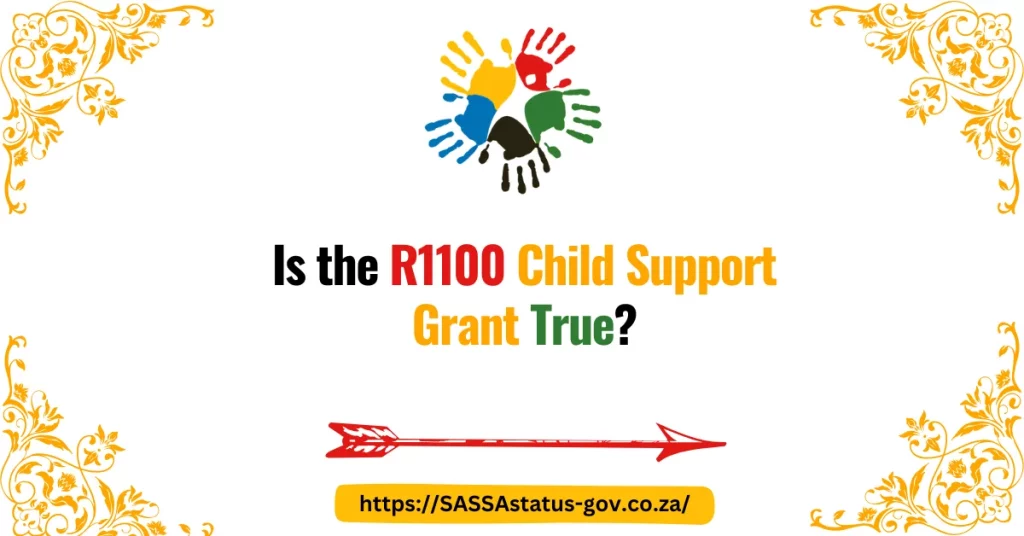
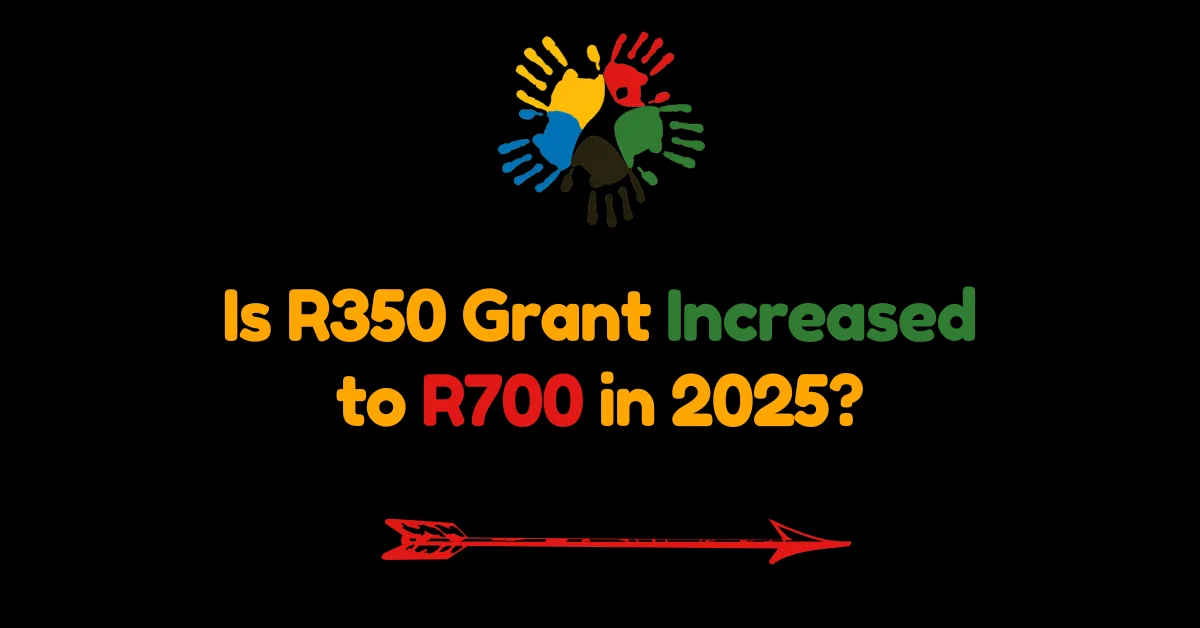
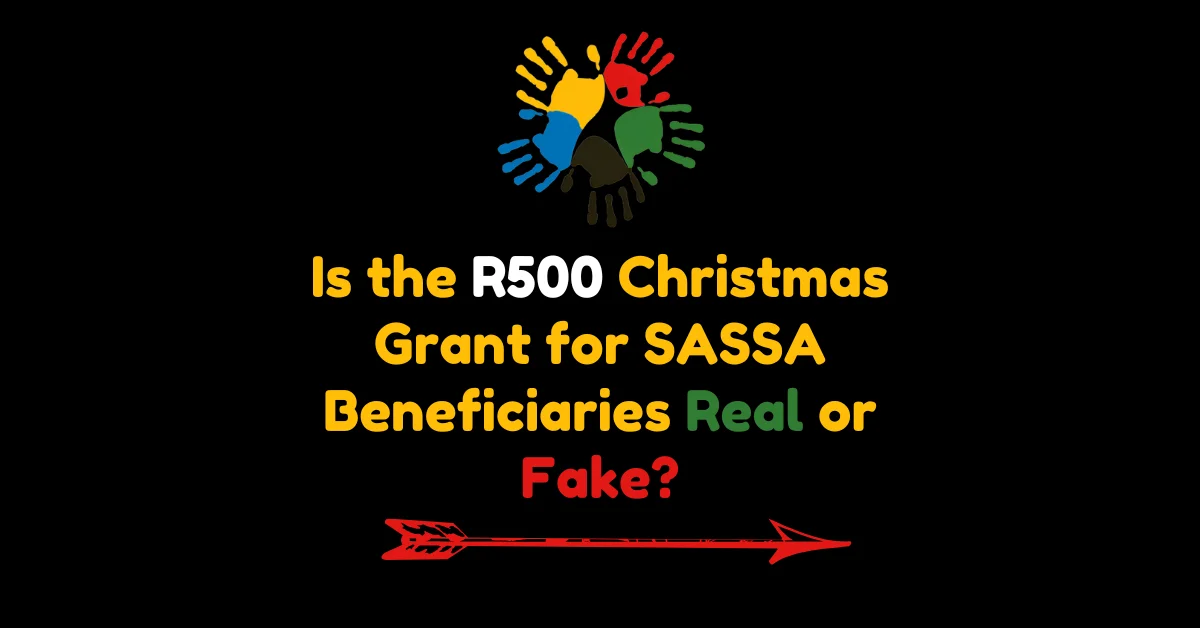
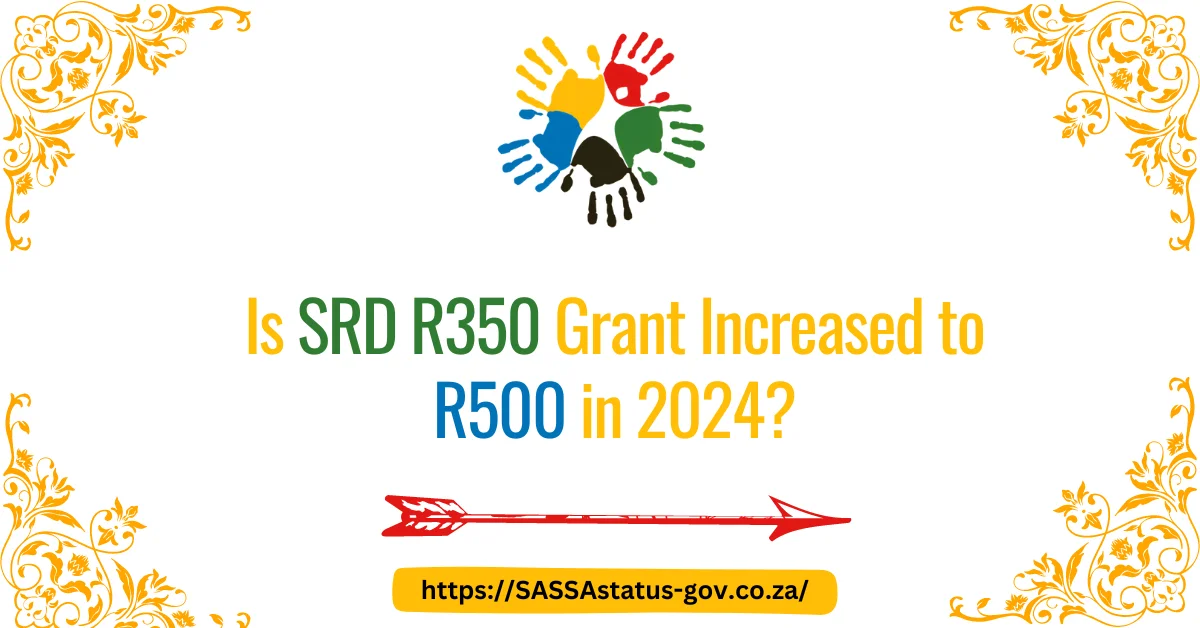
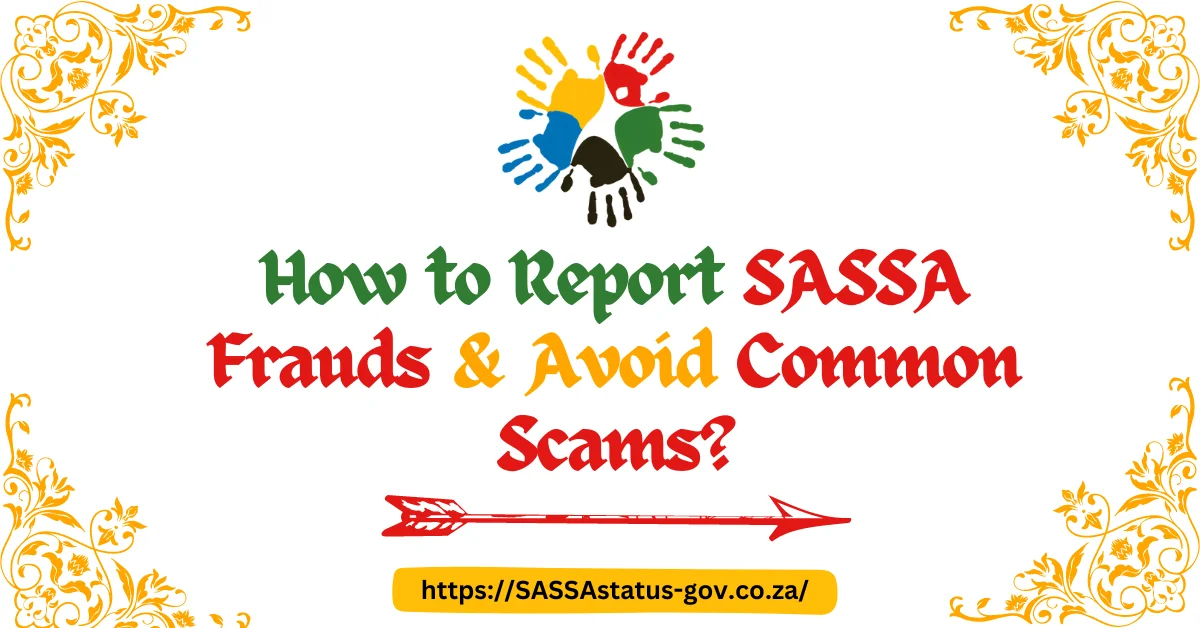
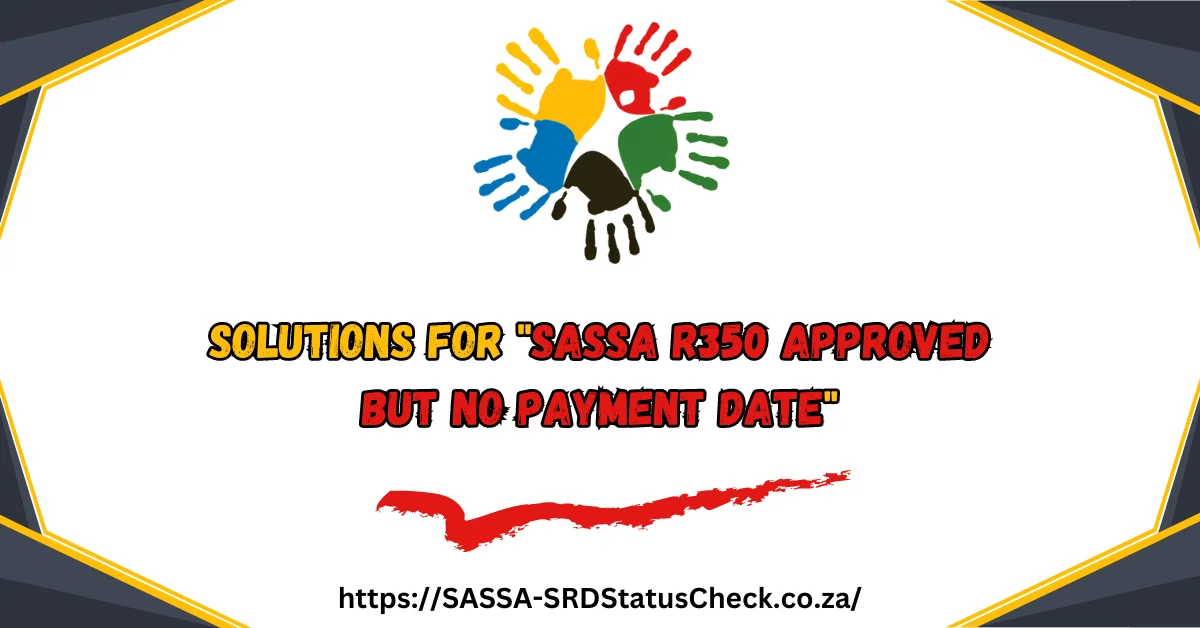
![SASSA R370 Approved But No Payment Date? [Solutions Here] SASSA R370 Approved But No Payment Date? [Solutions Here]](https://sassastatus-gov.co.za/wp-content/uploads/2024/06/SASSA-R370-Approved-But-No-Payment-Date-Solutions-Here.webp)
